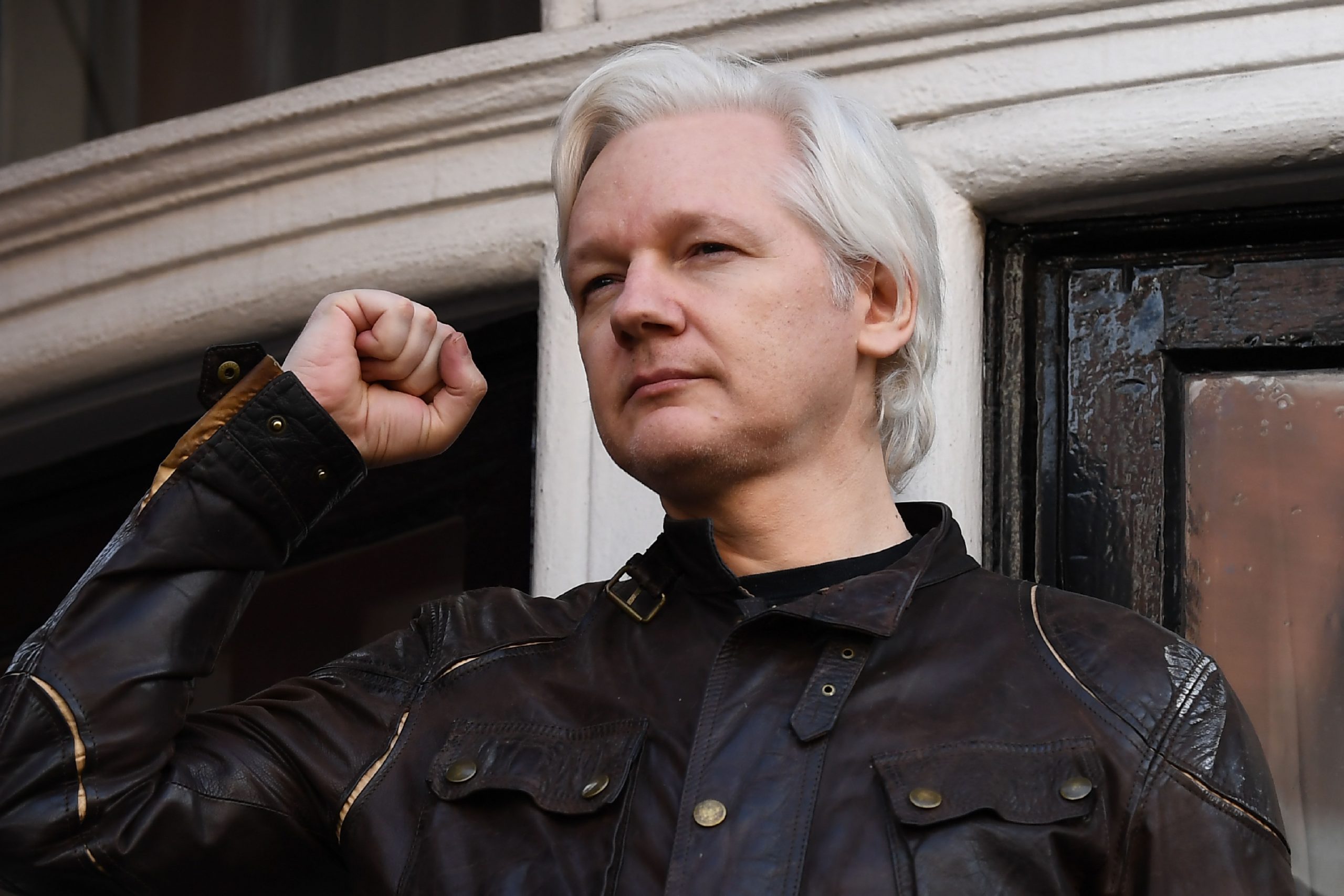The UK government approved WikiLeaks founder Julian Assange’s extradition to the United States on Friday over charges of releasing classified documents containing information on the wars of Afghanistan and Iraq.
Assange, who has been wanted by the US for doing so, was given the approval by UK minister Priti Patel in a hearing about a January 4 ruling by a lower court that did not allow his extradition on the possibility that he would attempt to commit suicide in a US prison.
“On 17 June, following consideration by both the magistrates court and High Court, the extradition of Mr. Julian Assange to the US was ordered. Mr. Assange retains the normal 14-day right to appeal,” a UK Home Office spokesperson said.
The Australian, who is currently being held at London’s Belmarsh prison, is the founder of WikiLeaks, a whistle-blowing organization.
The extradition allows the United Kingdom to hand over Assange to the United States to face a trial. It is one of the most significant stages so far in the 50-year-old’s long court battle.
According to a report by the Indian Express, Assange will face charges under two acts in the US- the Computer Fraud and Abuse Act, and the Espionage Act, which forbids people from obtaining data about the military with the reason or the intention to use the information against the country.
Also Read: How UK Conservatives can change their leader around Boris Johnson no-confidence vote
With Patel’s sign-off, nothing stands in the way of the US from sending an aircraft and picking up Assange, except if he wins on appeal.
If Assange’s attorneys fail to get a hearing back before judges in London, he could petition Europe’s Court of Human Rights.
Also Read: Julian Assange appeals US extradition ruling to UK’s Supreme court
Meanwhile, his wife, Stella, said that “he has committed no crime” and has done “nothing wrong.”
“He is a journalist and a publisher, and he is being punished for doing his job,” she said, according to BBC.







